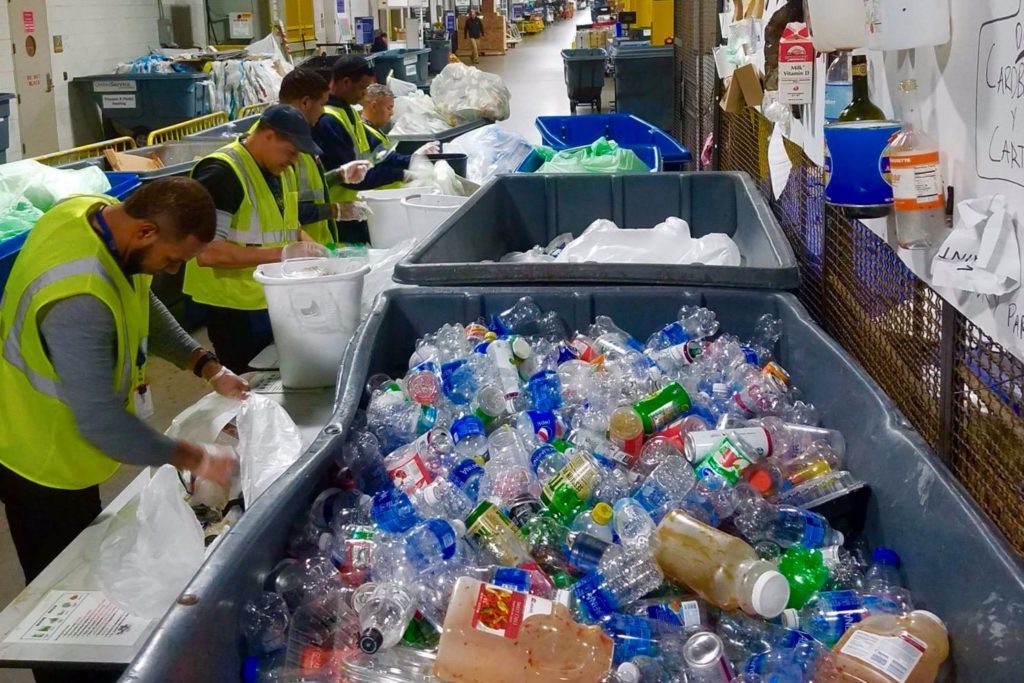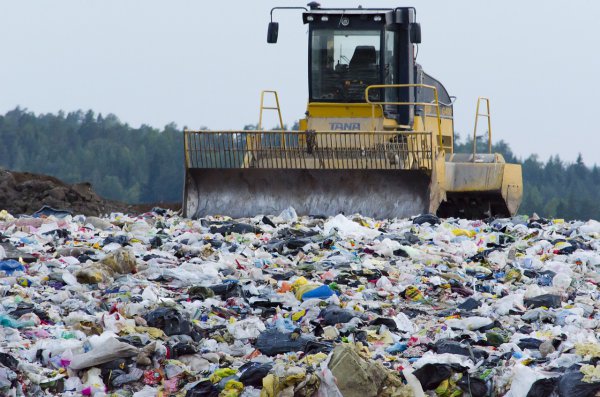
Waste management encompasses all of the tasks required to deal with waste, from its development to its disposal or recycling.
This comprises waste collection, transportation, hazardous waste management, and recycling of usable materials, among other things.
Goals For Waste Management
Waste management has become increasingly important for environmental and economic reasons throughout the years.
It has been our practise to recycle all of our waste since the days when it was disposed of by trucking it to a faraway location and burn it there.
As a result of increased trash generation awareness, product design and usage have been impacted to produce less waste.
According to the European Union, plastic bags will be banned in Europe in 2021. However, rules aimed at reducing trash, such as charging using plastic bags, have had a dramatic impact on waste management.
As a result, the following are the current waste management goals:

As much as feasible, try to reduce its production.
Recycle as much of these wastes’ content as you can to extend their useful life.
Increasing people’s knowledge of waste management issues.
Complete waste management should be expanded to include everything.
Use energy recovery and fuel generation strategies in your treatment and disposal processes. These goals have been met in Scandinavian countries, which have started importing garbage to create electricity.
Composting and fertilising waste should be recycled to the greatest extent possible.
Disposal technologies that are less detrimental to the environment than incineration should be promoted.
The most important of these objectives is to eliminate waste from being generated and to minimise it when it does occur. In order to save resources, generate energy, and produce fertiliser, we’d look for items that could be reused and recycled to their full potential. There is also the issue of disposing all non-recycled waste in a manner that is as environmentally friendly as feasible.
Here, we can clearly see how these goals tie to the concept of a Circular Economy, which has been so significant in recent years.
Disposal Options For Different Types Of Garbage
Two traditional methods of garbage disposal did not promote resource conservation or energy generation. Is concerned with:
Landfills: A place where waste is disposed of in a location far from populated areas. Hazardous waste that is not being properly processed poses a significant risk to the environment.
Oldest means to dispose rubbish, with toxic fumes released into the atmosphere by burning it.
New methods for disposing of waste are currently being explored, including the following:
An incineration that takes place in a sealed tank with very little oxygen. This results in less pollution and a more efficient burning process in terms of generating useable energy. It’s possible to make gasoline out of organic or vegetable waste.
Even paper can be broken down and used as a fertiliser for crops thanks to biological reprocessing.
Recycling is the practise of repurposing waste materials, such as aluminium, plastic, or paper, into new materials.
Sludge extraction is used to clean wastewater because of the rapid growth of urbanisation.
Treatment of the waste results in a variety of sludges that can be utilised as fertilisers in agriculture.
That is one of the modern waste management final disposal technologies. Even and there’s still a still far to go, work is being done in developing innovative ways to make use of all the waste.